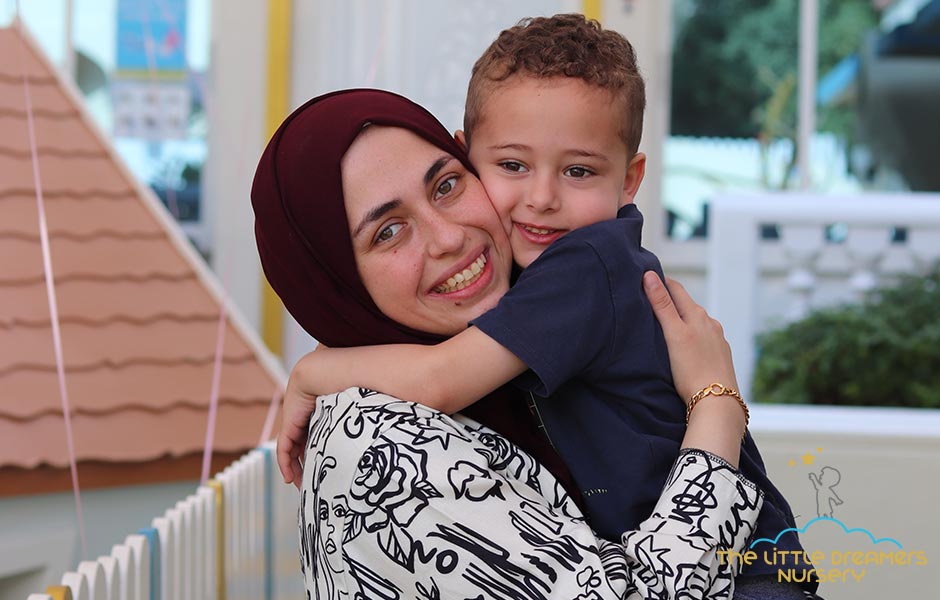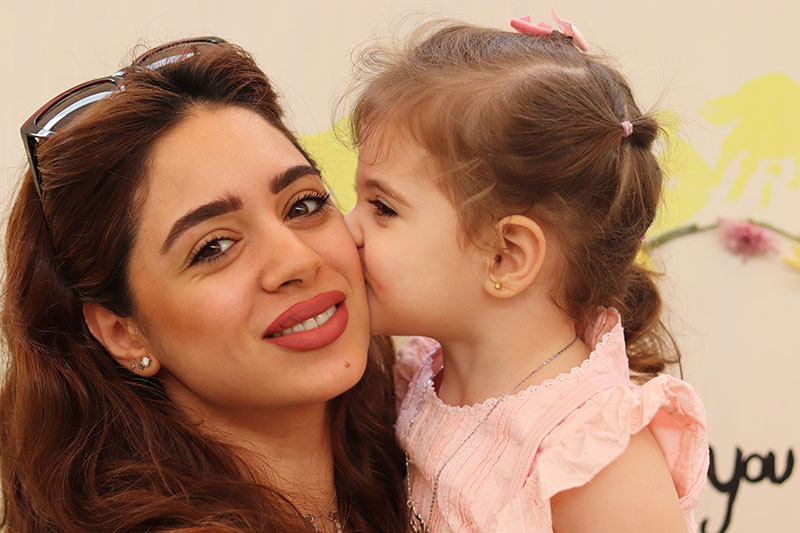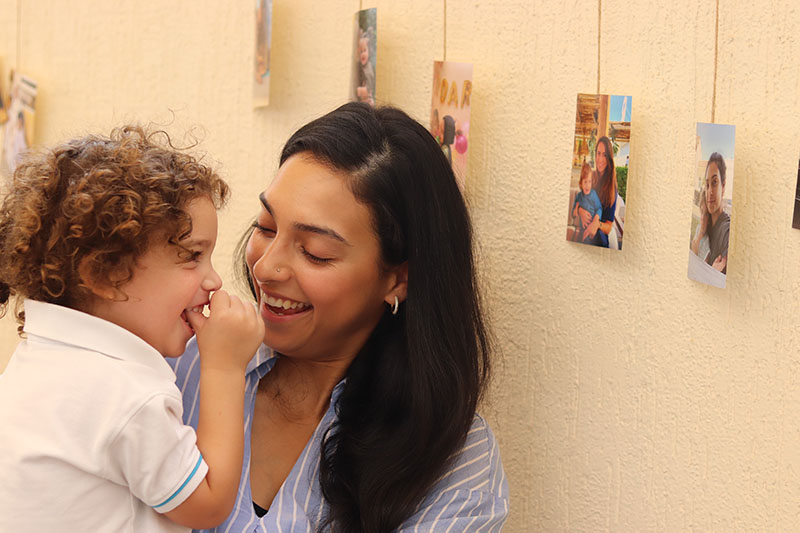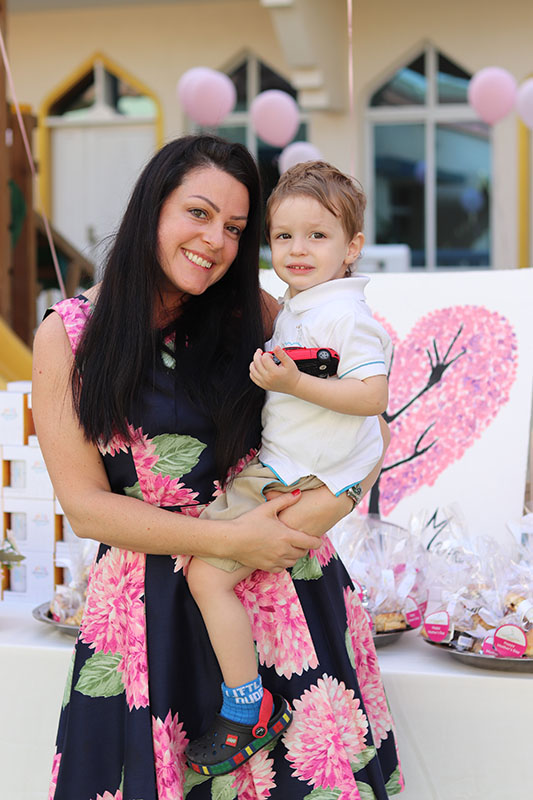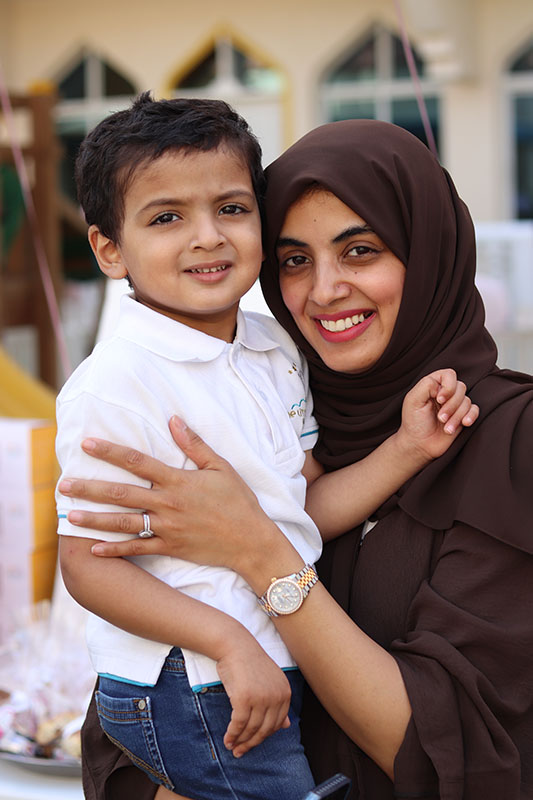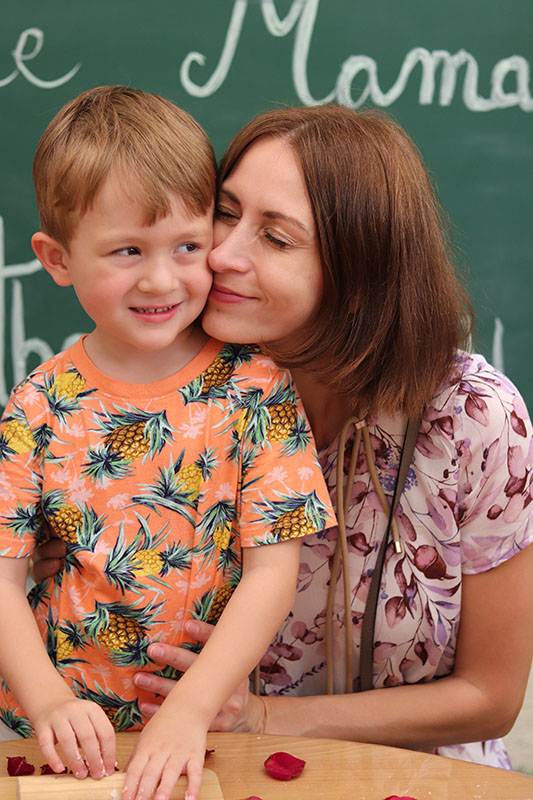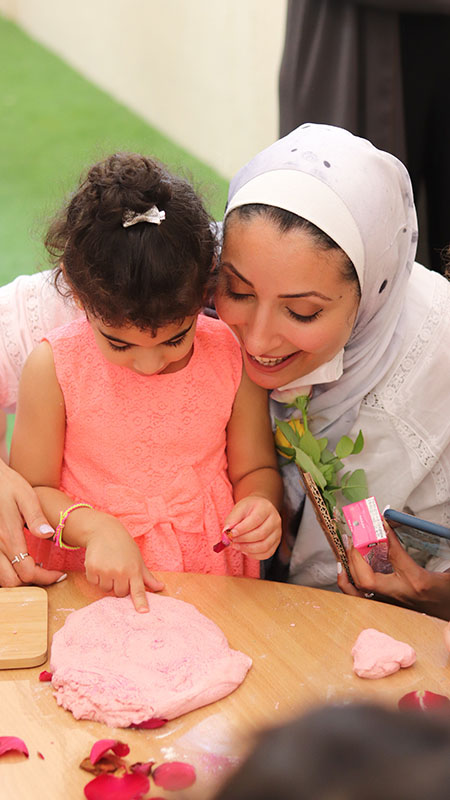As parents, one of our greatest desires is to have a positive and loving relationship with our children. Building a strong parent-child relationship is essential for their emotional well-being, self-esteem, and overall development.
In this article, we will explore the importance of positive parent-child relationships, discuss strategies to build trust and connection, and highlight the key elements that contribute to a healthy parent-child bond.
The Importance of Positive Parent-Child Relationships
Creating a Nurturing Environment
A positive parent-child relationship creates a nurturing environment where children feel safe, loved, and supported. When children have a strong bond with their parents, they are more likely to develop a positive sense of self and have higher levels of emotional well-being.
Enhancing Communication and Emotional Development
A healthy parent-child relationship fosters open and effective communication. It provides a safe space for children to express their thoughts, feelings, and concerns. By actively listening and validating their emotions, parents help children develop emotional intelligence and communication skills.
Building Trust and Security
Trust is the foundation of any successful relationship, and parent-child relationships are no exception. When children feel trusted by their parents, they develop a sense of security and confidence. Trust enables children to explore the world, take risks, and develop healthy relationships with others.
Promoting Positive Behavior and Discipline
Positive parent-child relationships promote positive behavior and discipline. When children feel connected to their parents, they are more likely to internalize the values and expectations set by their parents.
Positive discipline techniques, such as setting clear boundaries and providing consistent consequences, can be implemented within the context of a loving relationship.
Strategies for Building Trust and Connection
-
Spend Quality Time Together
Make it a priority to spend quality time with your child on a regular basis. Engage in activities that they enjoy, such as playing games, reading books, or going for walks. Quality time allows you to connect with your child, show interest in their lives, and create lasting memories.
-
Practice Active Listening
When your child talks to you, practice active listening. Give them your full attention, maintain eye contact, and respond with empathy and understanding. Listening attentively shows your child that their thoughts and feelings are important to you, strengthening the bond between you.
-
Show Affection and Express Love
Express your love and affection for your child through words and actions. Hug them, tell them you love them, and provide positive affirmations regularly. Small gestures of love and affection go a long way in building a strong and loving parent-child relationship.
-
Foster Mutual Respect
Respect is a two-way street. Model respectful behavior towards your child and expect the same in return. Treat your child with kindness, patience, and empathy, and encourage them to treat others with respect as well. Mutual respect builds trust and strengthens the parent-child connection.
-
Encourage Independence and Autonomy
Allow your child to make age-appropriate choices and decisions. Encouraging their independence and autonomy fosters a sense of self-confidence and self-esteem. When children feel trusted to make choices, they develop a stronger sense of identity and become active participants in their own lives.
Elements of a Healthy Parent-Child Bond
Trust and Open Communication
Trust and open communication form the bedrock of a healthy parent-child bond. Establish an environment where your child feels comfortable sharing their thoughts, feelings, and concerns. Be a non-judgmental listener and respond with empathy and understanding.
Emotional Availability and Support
Be emotionally available for your child. Show empathy and support when they are going through difficult times. Help them navigate their emotions and provide guidance and reassurance when needed. Your consistent emotional support builds resilience and strengthens the parent-child relationship.
Consistency and Boundaries
Consistency and boundaries are crucial for a healthy parent-child relationship. Set clear expectations and enforce appropriate consequences for misbehavior.
Consistency provides children with a sense of structure and security, helping them develop self-discipline and understand boundaries.
Quality Time and Shared Experiences
Spending quality time together and creating shared experiences strengthens the parent-child bond. Engage in activities that promote connection, such as family outings, game nights, or cooking together.
These shared experiences create lasting memories and deepen your emotional connection.
Conclusion
Building positive parent-child relationships is a journey that requires time, effort, and continuous nurturing. The Little Dreamers Nursery in Jumeirah understands the importance of fostering strong parent-child bonds and provides a nurturing and supportive environment where children can thrive.
As a leading nursery in Jumeirah, we are committed to helping parents develop positive relationships with their children. Our experienced staff and comprehensive programs are designed to promote healthy parent-child interactions and provide valuable resources to support parents on their parenting journey.
Contact The Little Dreamers Nursery today to learn more about how we can help you build a positive parent-child relationship and create a loving and nurturing environment for your child’s growth and development. Together, let’s build a strong foundation for your child’s future.

